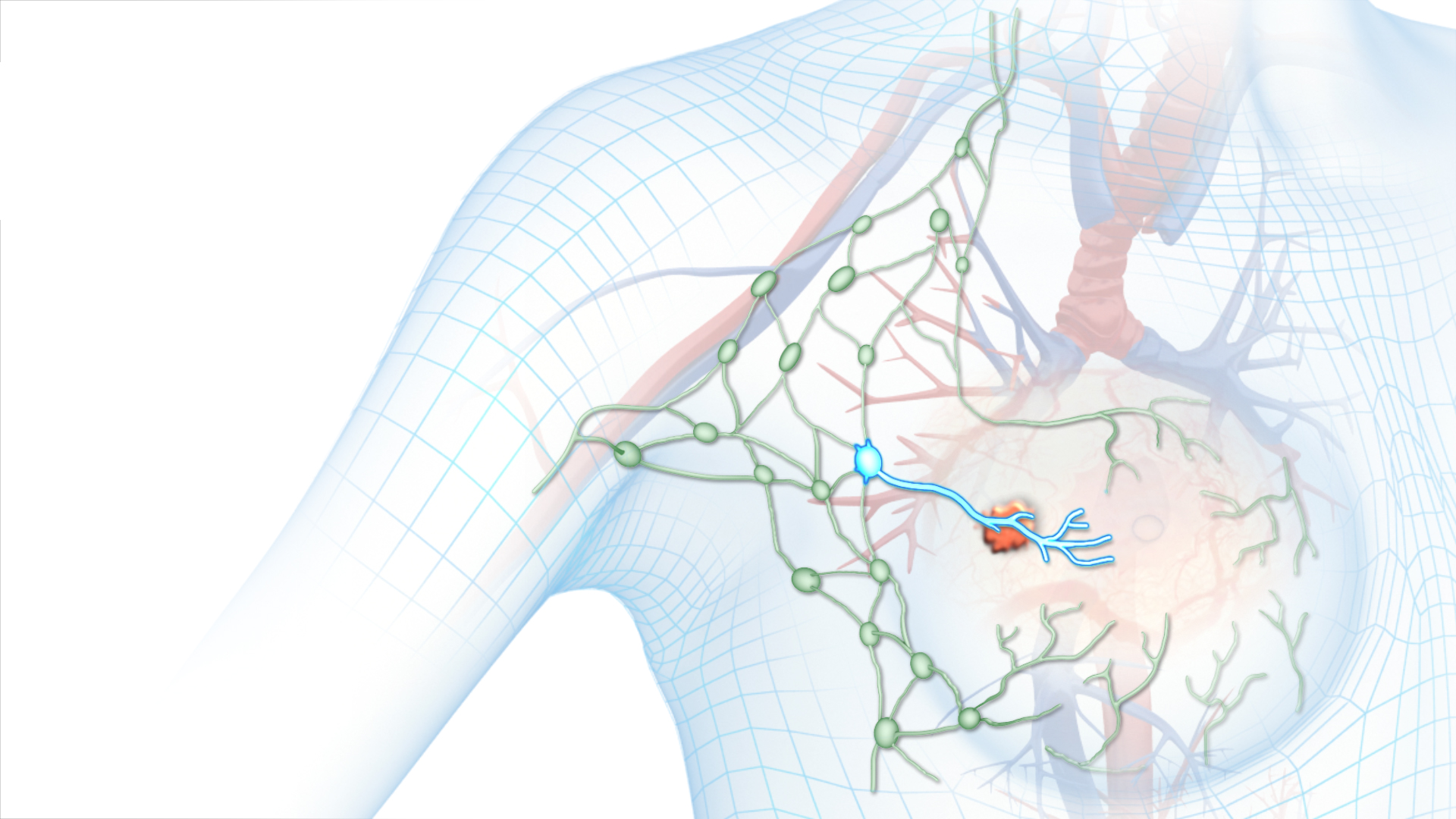 A diagnosis of cancer almost immediately leads patients to wonder about their prognosis, long term health and well being. “While the majority of skin tumors we treat, such as basal cell carcinoma and squamous cell carcinoma, are local phenomena and don’t impact the body beyond the skin, there are a number of instances when skin cancer can spread,” says Dr. Adam Mamelak, board certified dermatologist and skin cancer expert in Austin, Texas. Melanoma, for example, if not caught in its early and contained state, can spread and metastasize throughout the body.
A diagnosis of cancer almost immediately leads patients to wonder about their prognosis, long term health and well being. “While the majority of skin tumors we treat, such as basal cell carcinoma and squamous cell carcinoma, are local phenomena and don’t impact the body beyond the skin, there are a number of instances when skin cancer can spread,” says Dr. Adam Mamelak, board certified dermatologist and skin cancer expert in Austin, Texas. Melanoma, for example, if not caught in its early and contained state, can spread and metastasize throughout the body.
While laboratory blood work and imaging studies help determine how advanced a cancer is, a sentinel lymph node biopsy is another method used to ascertain if a cancer has spread, guide treatment and even give insight into prognosis.
Detecting Cancer Spread
The sentinel node biopsy is a procedure that is used to ascertain whether a cancer has spread from the initial tumor to the lymph nodes. The sentinel lymph nodes are the first lymph nodes into which a tumor spreads. The procedure involves using a tracer material or dye to locate the sentinel nodes. Then the nodes are removed surgically and are analyzed in a laboratory. If the nodes are cancer-free, the results indicate that the cancer has not spread, and no further surgery may be necessary. If the sentinel lymph nodes are cancerous, probably more lymph nodes will have to be removed to determine how far the cancer has spread.
In the laboratory analysis of the sentinel lymph nodes, precise measurements and accurate results are crucial for determining the spread of cancer. This is where the role of scales and balances becomes indispensable. Laboratories rely on these precision instruments to ensure that the weight of the lymph nodes is measured with utmost accuracy. By employing scales and balances, scientists can assess even the smallest weight changes, allowing for precise analysis and detection of cancerous cells. These instruments enable healthcare professionals to make informed decisions based on reliable data, providing valuable insights into the progression of the disease and informing subsequent treatment plans. To explore a wide range of laboratory scales and balances for precise measurements, you can visit now reputable online suppliers and manufacturers specializing in laboratory equipment.
“Sentinel node biopsies are generally used for people with breast cancer and melanoma, one of the more dangerous form of skin cancer,” explains Dr. Mamelak. The procedure is sometimes used for a number of other cancers, such as colon and stomach cancer, and has been used in a few specific cases of advanced cutaneous squamous cell carcinoma.
“Not all patients need a Sentinal Lymph Node biopsy, and it’s important to talk to your doctor to see if you are a candidate for this procedure,” says Dr. Mamelak. Dr. Mamelak treats patients with skin cancer at Sanova Dermatology and the Austin Mohs Surgery Center.
A sentinel node biopsy is considered a safe procedure. Possible but rare side effects include bleeding, pain, infection, an allergic reaction to the tracer element, and lymphedema.
Lymphedema results when the lymph vessels are not able to adequately drain lymph fluid, causing a buildup and swelling. The sentinel node biopsy was developed in part as a way to prevent that condition by ruling out the spread of a cancer into the lymph nodes with a minimum of invasive surgery. Dozens of lymph nodes remain in the area where the procedure is done, thus allowing for effective processing of lymph fluid.
Contact Us
If you have questions about skin cancer or skin cancer treatment, please contact us today.
Join Us
